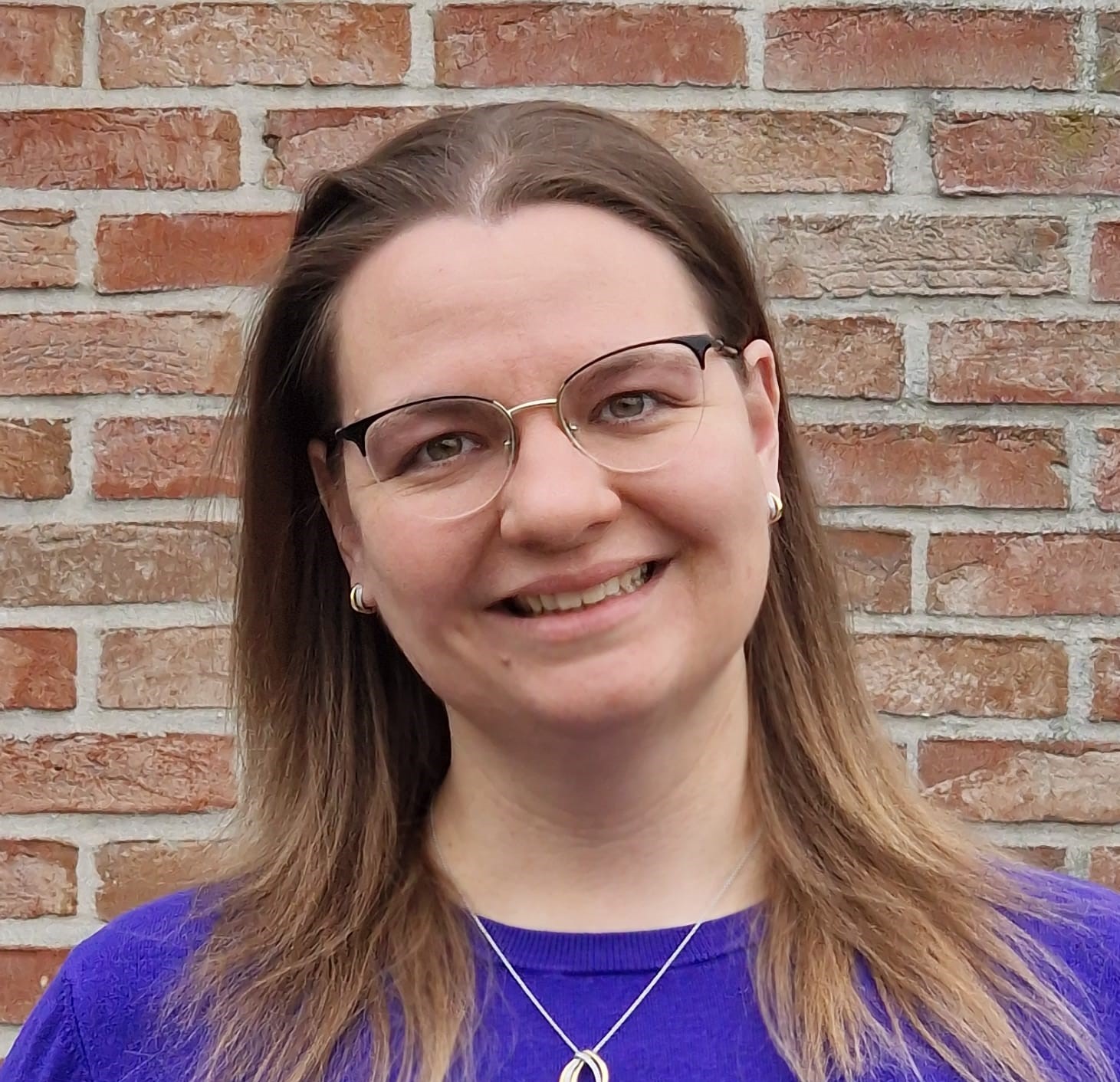 \
&
Contact us
\
&
Contact us
 \
&
Contact us
\
&
Contact us
Published on | 2 years ago
Last updated on | 3 months ago

marie.timmermann@fwo.be
Participation in Digital Europe actions is open to eligible third countries, i.e. EEA countries (Norway, Iceland and Liechtenstein) and third countries that have signed an association agreement to the programme. The conditions for international cooperation with third countries, international organisations and bodies established in third countries, are specified in Article 11 of the Regulation establishing the Digital Europe programme. Eligible third countries are admissible even though the call text refers only to Member States. Cooperation and association agreements may be subject to adequate security, intellectual property (IP) protection and reciprocity guarantees.
Some countries have signed association agreement to participate in certain Specific Objectives of the programme, not to the entire programme in accordance with Article 10 of the Regulation establishing the Digital Europe programme. Applicants seeking consortium partners in associated countries are therefore advised to verify whether the country of their potential partner is eligible to participate in the respective call.
The implementation of the programme takes into account duly justified security interests of the Union, notably in terms of cybersecurity or protection of data against unauthorised disclosure. To avoid that European data can end up in the hands of third country authorities (such as national intelligence and security agencies) without the knowledge of the individuals, businesses or public administrations in the EU to which the data relates, some call topics under the Digital Europe programme are subject to security restrictions based on the provisions of Articles 12(5) and 12(6) of the Regulation establishing the Digital Europe programme.
We offer news and event updates, covering all domains and topics of Horizon Europe, Digital Europe & EDF (and occasionally, for ongoing projects, Horizon 2020).
Stay informed about what matters to you.
By signing up, you can opt in for e-mail notifications and get access to
a personalised dashboard that groups all news updates and event announcements in your domain(s).
Only for stakeholders located in Flanders
Textgain is a Flemish SME and a partner in Digital Europe project BENEDMO, which answered to call ‘European Digital Media observatory (EDMO) - National and multinational hubs’.
Its task within the project is to further develop technologies to effectively detect sources of polarisation and disinformation, allowing journalists and moderators to quickly mitigate the harmful effects of such messages.